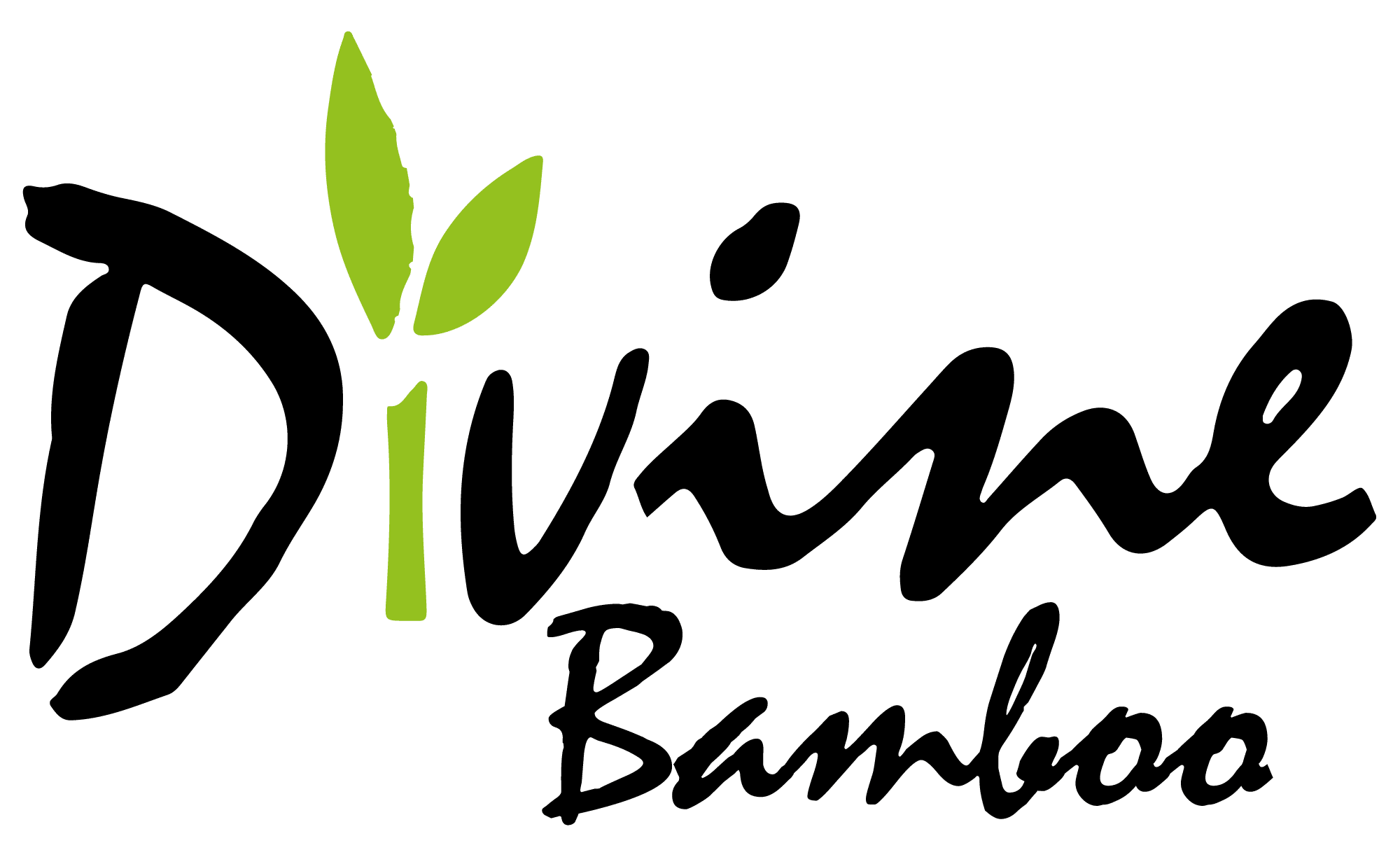Social Impact
Affordable and Clean cooking: Our bamboo briquettes are priced as low as UGX 1,000 per kilogram, and last longer than ordinary charcoal . On average households can save up to 30% of their regular expenditure on cooking expenditures In addition , our briquettes are smokeless and don’t produce soot. In a 2010 Lancet study, household air pollution was estimated to be responsible for 3.5 million premature deaths worldwide. There is strong evidence linking household air pollution exposure with cardiovascular diseases, acute lower respiratory infections, chronic obstructive pulmonary disease, and chronic bronchitis, lung cancer, cataract, low birth weight, and stillbirth. Using bamboo briquettes therefore will save one from those health effects and thus reduce hospital bills.
Environmental Impact
Reduction in deforestation: Energy needs are a key driver of deforestation and climate change. The Ministry of Energy and Mineral Development (MEMD) explains that with the current annual use of 44M tons, dependence on tree biomass is highly unsustainable in Uganda. According to the National Forest Authority, Uganda is losing over 200,000 acres of forest cover annually. Our bamboo briquettes are an eco-friendly fuel as they are produced from a sustainable value chain. Bamboo is the fastest growing crop on earth with a gestation period of only 4 years to obtain a mature bamboo tree and it regenerates every year . The increased adoption of bamboo briquettes can reduce pressure on existing forest resources and reduce deforestation.
Life on land Bamboo is known to provide a wide range of ecosystem services, It is effective for soil conservation by reducing runoff and given its resilient stature it can be useful for the rehabilitation of degraded land. The extensive underground interconnected rhizome and roots system with net structure effectively binds topsoil and prevents sheet and gully erosion. It is an effective tool to improve soil qualities and hydrological functions, even after harvesting, the root system continues to grow; new shoots emerge and the roots still prevent soil erosion and maintain nutrients. This greatly benefits the rural farmers who will be intercropping bamboo with other crops through our agroforestry programs.
Economic Impact
Job creation and entrepreneurship: Divine Bamboo is currently employing 18 full-time staff and 50 wage earners. Over the next 5 years, the business will create 80 more full-time jobs and 300 seasonal jobs for youth through the entire value chain from nurseries, plantations, briquette processing, and distribution. Through the deployment of briquette distributorship training programs, we can spur entrepreneurship and the creation of micro-enterprises distributing energy in different areas of Uganda.
Increased farmers’ revenue: Our model is largely based on working with smallholder farmers to establish a bamboo supply chain. We on board farmers are given seedlings and equipped with skills to establish and manage plantations following agroforestry systems .Upon maturity, the bamboo poles are sold back to Divine bamboo for the production of briquettes. This model ensures that farmers can get earnings by joining our supply chain .
Completed projects
Bamboo Domestication Program in Kisoro

Echuya Forest Reserve is situated in Bufumbira county in Kisoro District and Rubanda county in Kabale District. It is situated on the high altitude range running between Lake Bunyonyi, 5km to the East, and Mgahinga Gorilla National Park, 13 km to the southwest. It is 11 km east of Kisoro and 15 km west of Kabale town. The forest lies at the heart of the biodiversity-rich Albertine rift eco-region and is a site of global biodiversity importance categorized by BirdLife as an important Bird Area given the high diversity of bird species, some of which are globally threatened and endemic.
Despite the importance of the reserve, the bamboo cover in the region is deteriorating as a result of encroachment by community members who usually follow unsustainable methods of harvesting bamboo. The encroachment also leads to conflict between wildlife, reserve managers and the local communities as they seek bamboo resources for wood fuel production, and supporting agricultural activities among other uses.
To save Echuya and create opportunities for communities, Divine Bamboo launched a project to domesticate bamboo resources with communities surrounding the forest reserve. The project trained over 1,000 farmers who were equipped with skills in bamboo plantation establishment and management as well as bamboo value chain development. The initiative was anchored on the domestication of bamboo to reduce the need for encroachment on forest reserves and also aid communities to produce marketable products that can be traded to diversify incomes and also create jobs.
Divine Bamboo provided a total of 8,000 seedlings, a combination of Dendrocalamus Asper and Oxytenanthera Abyssinica that were distributed to 80 farmers to kickstart agroforestry practices . The seedlings were planted in the hills of Kisoro in the sub-counties of Murola and Kanaba. Part of the seedlings were planted along the shores of lake Kayumbu to protect the biodiversity of the lake and prevent further silting.
The project was implemented in partnership with Escocia, Mgahinga Cultural and Crafts Centre (MC&CC) and the local leaders in Kisoro district.
Bamboo Value Chain & Conservation Program in Kibaale District

Kibaale district is home to the Kibale National Park in western Uganda which protects moist evergreen rainforest. It is 766 square kilometers (296 sq mi) in size and ranges between 1,100 metres (3,600 ft) and 1,600 metres (5,200 ft) in elevation. Despite encompassing primarily moist evergreen forest, it contains a diverse array of landscapes. It is one of the last remaining expenses to contain both lowland and montane forests and sustains the last significant expanse of pre-montane forest in East Africa.
To contribute to the efforts to reduce encroachment and deforestation on the natural resources in the National park, Divine Bamboo in partnership with Transformation For life (TFL), a Non-government Organization based in Kibaale District Western Uganda organized a program to sensitize communities around these areas on the importance of conservation, the benefits of planting bamboo and its potential to improve their livelihood.
In addition through this initiative, Divine bamboo trained over 800 people in bamboo plantation management and the establishment and distributed a total of 3,000 seedlings to 300 farmers who planted bamboo in their gardens through agroforestry systems. The 11-day initiative was implemented in Ndama Village in Nyamarwa Sub-County and Igunda Village in Kyebando Sub-County both in Kibaale District in February 2021.
The initiative was funded by the United Nations Development Program through the Youth4biz initiative and run in partnership with the Uganda Wildlife Authority.
Promoting Clean Energy in Kampala suburbs
Divine bamboo organized a training workshop for distributors and businesses using charcoal in Kampala city suburbs of Kamwokya central region. The workshop training targeted youth interested in becoming briquettes distributors as business, and business owners, particularly those in the cooking business sector such as; Chapati/ Rolex guys, restaurant owners, BBQ kings among others. The training reached 200 participants and a portion of them have joined the company’s distributor network.
Through the program, Divine Bamboo is able to onboard distributors to join its supply chain and create employment opportunities for themselves. In addition, the program promotes the use of briquettes as an alternative fuel source which will in the long run reduce deforestation.
The initiative was funded by the United Nations Development Program through the Youth4biz initiative.


